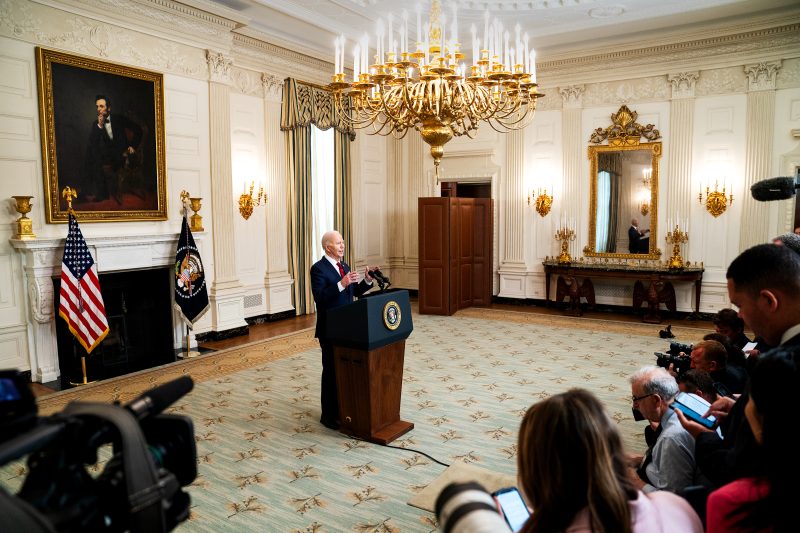The recent clash between TikTok and the U.S. Government is indicative of the growing tensions surrounding data privacy and national security concerns in the realm of technology. As the popular social media platform faces increasing scrutiny and legal challenges, the implications for both users and the tech industry as a whole are significant.
One of the primary issues at the heart of the dispute is the perceived threat posed by TikTok’s parent company, ByteDance, which is based in China. The U.S. government, led by the Trump administration, has voiced concerns that the Chinese government could potentially access the vast amounts of user data collected by TikTok, raising fears of espionage and censorship. These fears have led to calls for TikTok to sever ties with its Chinese parent company or face potential bans and restrictions in the U.S. market.
For its part, TikTok has vehemently denied any accusations of data sharing with the Chinese government, stressing its commitment to user privacy and security. The platform has taken steps to distance itself from its Chinese roots, including hiring American executives and storing user data on servers based in the U.S. Nevertheless, these efforts have not been enough to assuage the concerns of U.S. lawmakers and officials, who continue to push for greater scrutiny and regulation of the platform.
The legal battle between TikTok and the U.S. government has wider implications for the tech industry as a whole. It highlights the growing trend of governments around the world seeking to assert greater control over the data practices of tech companies, particularly those based in foreign countries. This could lead to a more fragmented global internet, with countries imposing their own regulations and restrictions on tech platforms, potentially hindering innovation and economic growth.
Moreover, the TikTok saga underscores the importance of user data protection and transparency in the digital age. As more aspects of our lives move online, from social interactions to financial transactions, the need for robust data privacy laws and regulations becomes increasingly pressing. Users must be aware of how their data is being collected, stored, and used by tech companies, and have the ability to control and safeguard their personal information.
In conclusion, the legal war between TikTok and the U.S. government reflects broader concerns about data privacy, national security, and the regulation of tech companies in the digital age. As this battle plays out in the courts and halls of government, the implications for users, businesses, and the tech industry as a whole are vast and far-reaching. It remains to be seen how this conflict will ultimately be resolved, but one thing is clear – the stakes are high, and the outcome will have lasting consequences for all involved.



























